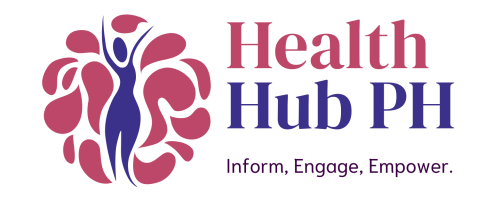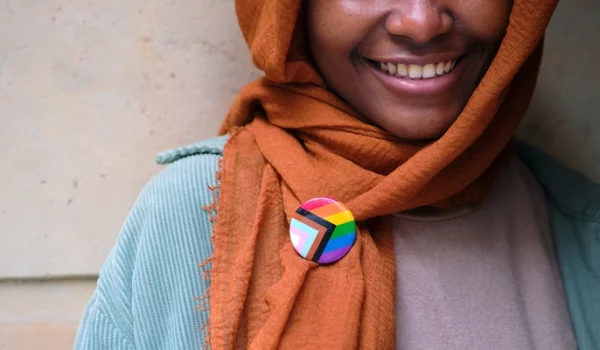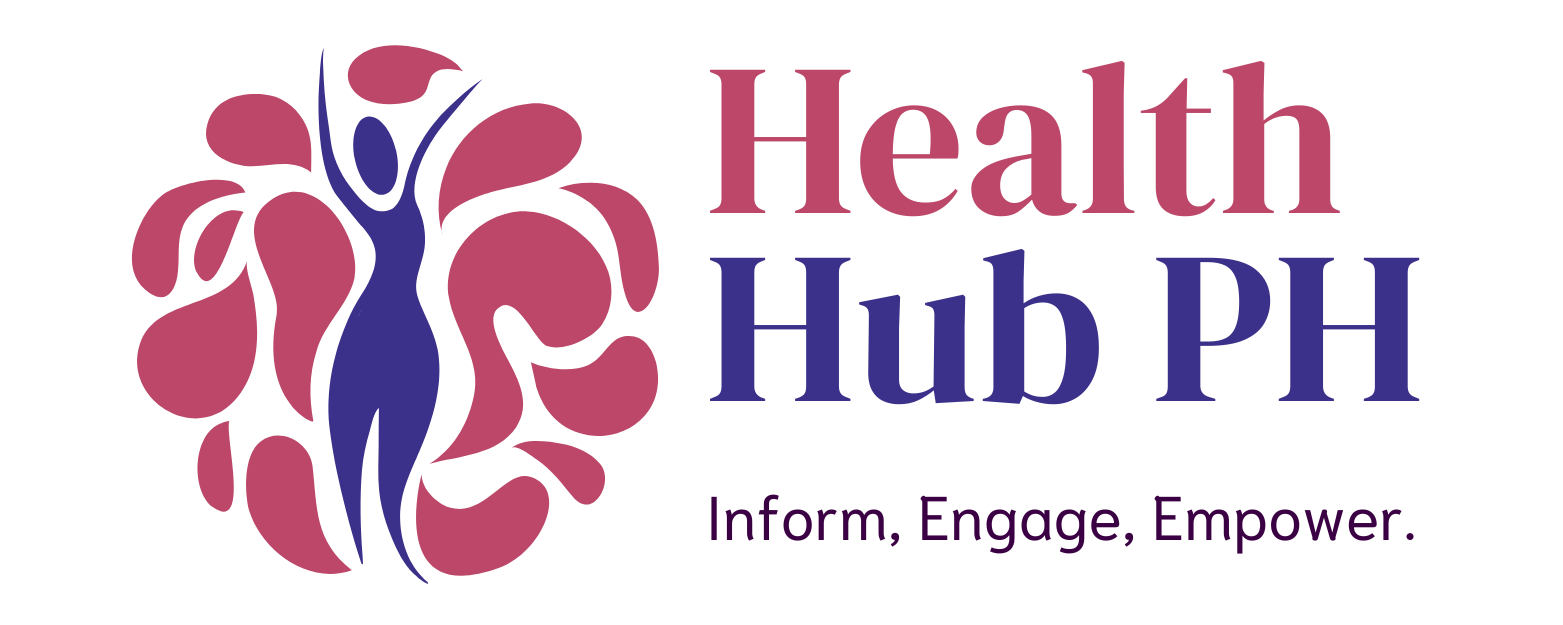-
By: health
-
September 12, 2017
Was it rape? Thinking about consent and unwanted sex
If you had a sexual experience that didn’t feel right or wasn’t what you wanted, you might have a million questions: What if I was drinking? What if we didn’t go all the way? What if I didn’t ever say “no”? Your experience is your own, and everyone’s story is different. But if you have a bad feeling, your gut is usually right. So trust yourself, and think about some of the questions below. They might make those blurred lines a little clearer.
Was there consent?
Thinking about what happened is the first piece of the puzzle. You might not want to talk about it, and that’s okay. But if you’re up to it, share your story with a friend, write down what happened, record yourself, or even seek professional support.
If you didn’t want something to happen but someone else made it happen anyway, that person violated your consent. Consent just means agreement— if someone did something sexual to you that you didn’t agree to, that’s sexual assault . Sounds simple, but legal interpretations can vary , and sometimes circumstances can make us doubt our part in whatever went down . Here are some of the most common doubts we’ve heard.
What if I didn’t say no?
Not saying no isn’t the same as consenting. If you were too scared or embarrassed to say no, or if you were worried that saying no would put you in danger, what you experienced could still be sexual assault. There are all kinds of ways to communicate consent, and you and your partner share the right and responsibility to make sure you’re on the same page from start to finish. That’s why, for example, stealthing (which is when you remove a condom during sex without your partner’s knowledge) is considered sexual assault.
What if I’m in a relationship with this person?
If you didn’t want to do something and someone continued without your consent, it’s sexual assault no matter what your relationship status. Emotions can be complicated here, and it’s okay to feel conflicted. Still, it’s important to recognize you might be in a dangerous situation if your partner feels that it is okay to carry out sexual acts without your consent. You deserve someone who respects you enough to get your consent and ensure that you want to enjoy an experience with them. Every single time.
What if I was drinking or otherwise incapacitated?
If you felt too drunk to say no, or if you were otherwise impaired, and someone did something to you anyway, that’s considered sexual assault. Part of consenting or agreeing to sex is about being fully aware and willing to make that choice with your partner. If, for any reason, you weren’t aware enough to agree, your partner crossed a major line.
What if I changed my mind while it was happening?
It is okay to give consent and then decide that you want to stop or change your mind. Your body is always your own, and if something makes you uncomfortable, tell your partner. A partner who continues after you say no or express discomfort is violating your consent.
What if we didn’t “go all the way”?
Keep in mind that sexual assault is any sexual act someone does to you without your consent. This could include, kissing, touching, non-penetrative sex, or penetrative sex (oral, vaginal, or anal).
What if there wasn’t any physical violence? Doesn’t “assault” mean violence?
Violence can take the form of verbal attacks, physical assault, or emotional manipulation. If your partner is putting you down, hurting you physically, withholding your paychecks, messing with your birth control , or not letting you leave the situation, this could be abuse. Learn more about the different types of abuse and violence that can show up in a relationship .
I think it was assault. What should I do?
If you’ve been assaulted, the first thing you should do is get to a safe place. This could be a friend’s house, a local Y or community center, a local rape crisis center , or the emergency room. Seeking health care can help you make sure any medical needs are covered—like emergency contraception , medication for STI prevention, or treatment of injuries. Getting medical care does not mean you have to file a police report, but it can be an important step if you do choose to report the assault . Whether you decide to report your assault is completely up to you, and no one can tell you what is right or wrong.
If you had an experience that you now realize was assault, just recognizing that it wasn’t your fault and looking for emotional support can help.
Whatever your situation, the resources below can help you figure out the best way to move forward. Each offers a free and confidential hotline and/or a live chat option in English and Spanish, and they’re available 24/7.
-
Rape, Abuse & Incest National Network (RAINN) , or 1.800.656.4673
-
National Dating Abuse Helpline , or 1.866.331.9474
Most importantly, don’t blame yourself. Facing sexual assault is never easy, whether it happened to you or someone close to you, whether it was yesterday or 5 years ago. Knowing that there are resources for you and people willing to listen can make it a little easier. You’re not alone.









Leave a comment